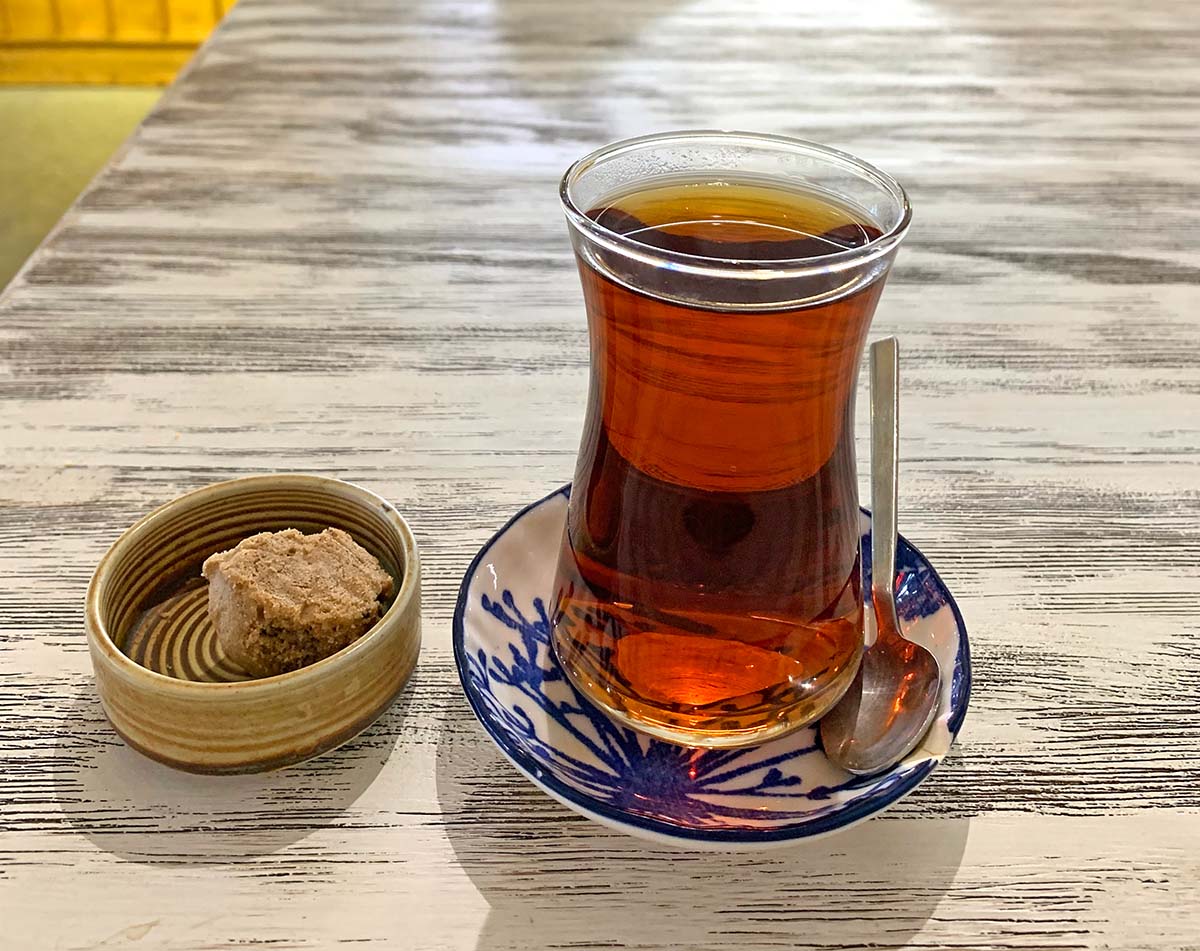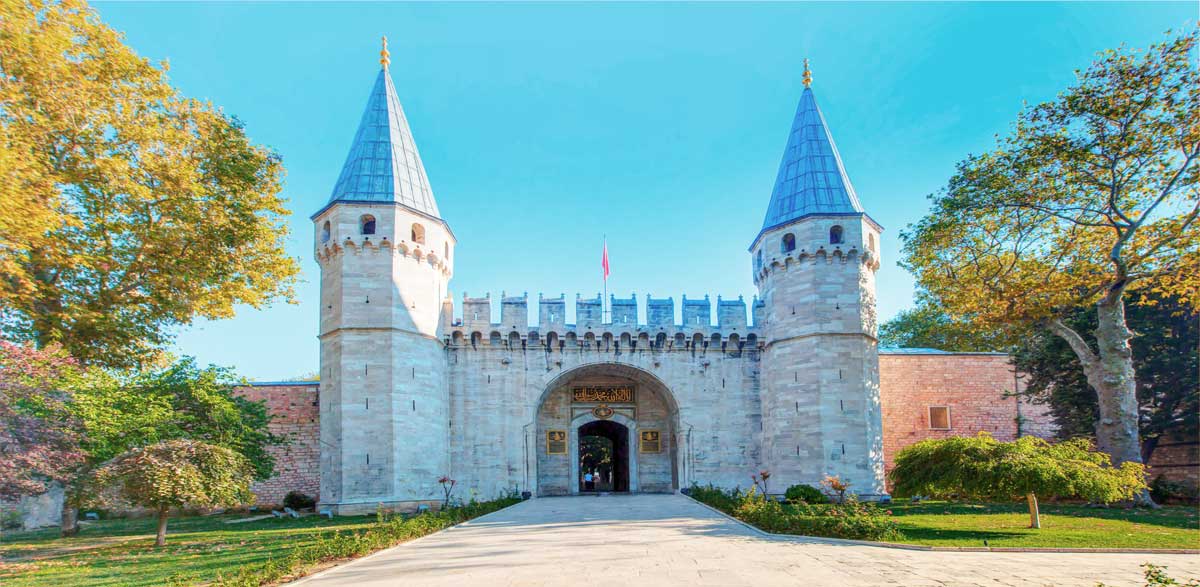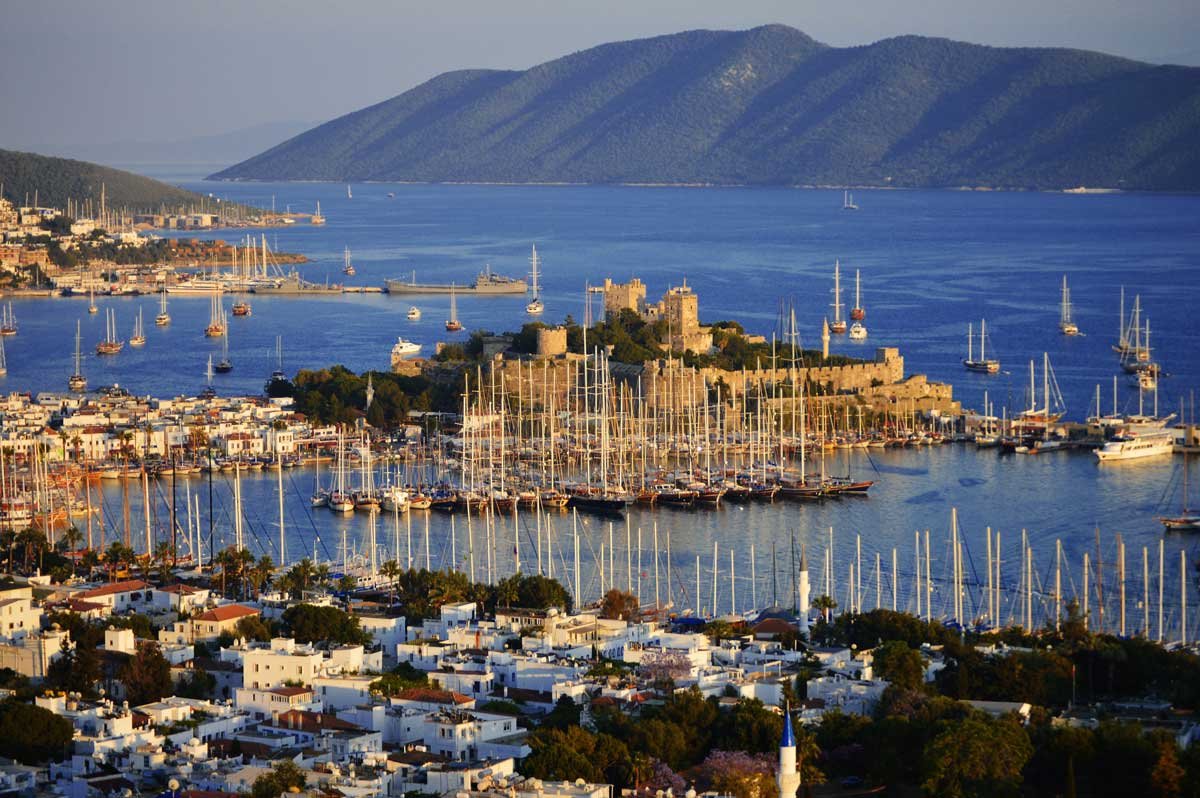For those who limit their caffeine intake, it’s important to note that Turkish tea does in fact contain caffeine – a lot, actually.
A standard Turkish teacup holds roughly 71 milligrams of caffeine, compared to a cup of Turkish coffee with has between 50-60 milligrams of caffeine.
According to the popular tea brand Tetley, a cup of regular tea contains between 30-50 mg of caffeine, depending on infusion time. So Turkish tea is especially strong, partly because of the long infusion time prior to serving.
Helpful tip
The FDA says 400 milligrams of tea is safe for adults to consume per day, which is roughly 5 cups of Turkish tea.
Tea consumption in Turkey
Turks drink the most tea of any country, with 9 out of 10 saying they regularly drink this beverage, locally known as çay (pronounced chai). They top even India, Kenya and China who are the largest exporters of tea.
The average Turk drink 4 cups of tea a day, and up to 10 in winter, which works out to be 4 kilos consumed per year say the International Tea Committee.
How do you make Turkish tea?
To make tea the Turkish way, you first boil water in two sperate pots, one for the brew and another for hot water.
To make the brew, you add one teaspoon of black tea for each glass of 100 ml. You’ll need to let it brew for 10 minutes for a traditional-strength tea.
When you serve the tea, fill the glass 1/3 with the tea and top up with boiled water. It should be strong enough to look red. Then add as many sugar cubes as you like.
A sign of hospitality
If you plan to visit Turkey, one of the first things you’ll notice is people drinking tea in short tulip-shaped glasses that are unique to Turkey. Locals drink tea at all times of the day and this cultural tradition has come to symbolise hospitality and social interaction.
It’s common for restaurant staff to give customers a complimentary tea after a meal. It’s offered as a free beverage in all types of businesses; we’ve had it offered to us at the hairdresser and in the market. It’s even served on the ferries that go between the Asian and the European side of Istanbul, which is just a 10-minute trip but enough time to enjoy a glass of tea.
Although Turkey produces 10% of the world’s tea, most of it is used domestically so there is not much leftover to export. They use plain old-fashioned black tea grown on Turkish tea plantations in the Black Sea region where it tends to be humid and rainy, perfect for tea-growing. Some Turkish tea companies are starting to experiment with white and green teas, using local flowers and herbs, but black tea is still the most popular.
How to avoid caffeine drinks in Turkey
If you are like us and limit caffeine intake (especially at night), there are some good alternatives to black tea in Turkey.
Traditional cafes in Turkey don’t always offer herbal tea, but they do offer Elma çayı (apple tea pronounced ehl-mah chah-yee). Elma çayı has no caffeine as it’s not made from tea leaves. Traditional Turkish apple tea powder is made from a blend of apple flavouring and various other additions like blackberry leaves, lemon and sugar, tasting like hot apple juice.
Some Turkish cafes and restaurants will also offer mint tea, linden tea (İhlamur çay pronounced uhh-la-moor) and even sage tea (Ada çay).
More and more modern cafes are popping up in Turkey that offer alternative tea, especially in big cities like Istanbul. These cafes generally serve decaf coffee too for the caffeine conscious.
Another popular drink is fresh juice. You’ll see juice stands everywhere and most restaurants and cafes offer freshly squeezed orange juice. This is one of our daily treats in Istanbul because it is so cheap and fresh. As of June 2023, a large orange juice costs around 40 lira which is $1.90 USD.
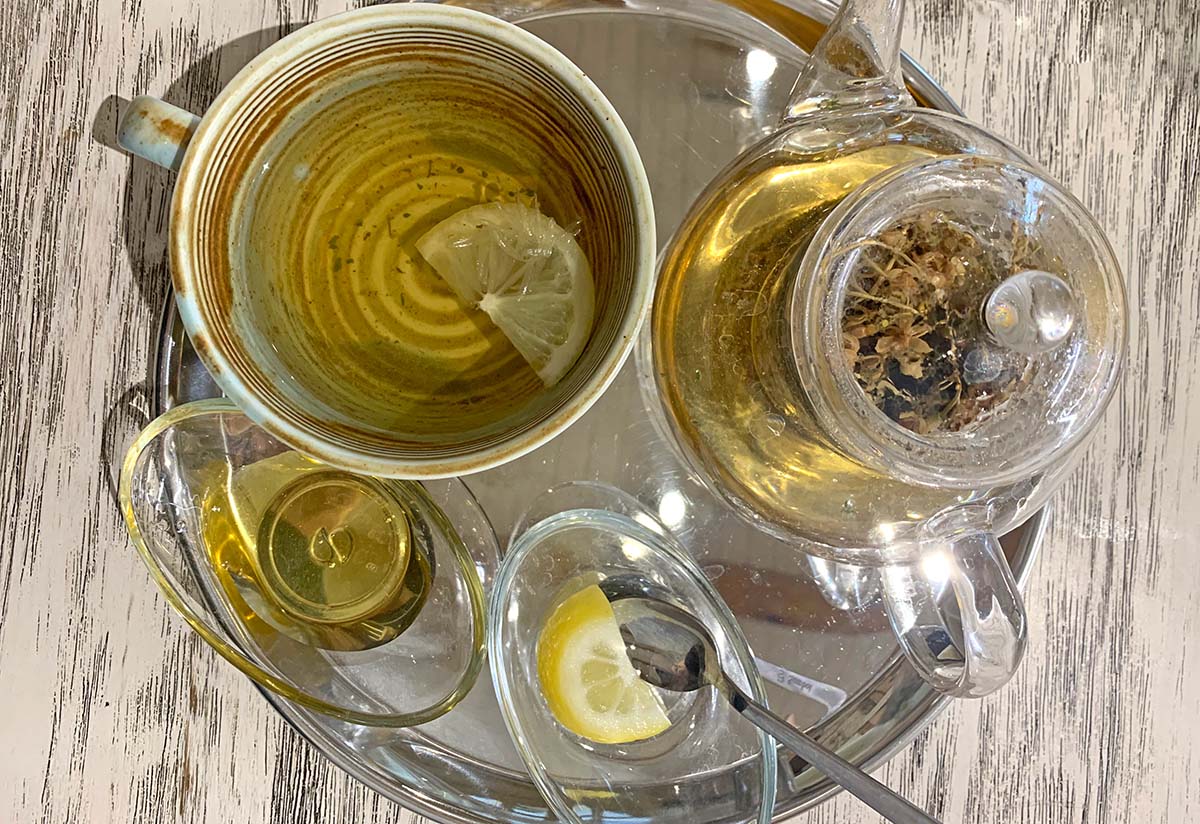
Useful phrases in Turkish
To ask if something is decaffeinated in Turkey you can ask if it is ‘kafeinsiz’, which means caffeine-free. For example, you could say “Kafeinsiz kahve lütfen” which means “Decaf coffee please”. Learning a few phrases like this could help you avoid a caffeine overdose, which is not ideal when travelling and adjusting to new time zones.
You can order your tea ‘açık’ (ah-CHUK, meaning open or weak), and you will get a lighter tea made with a shorter infusion time, so less caffeine.
The word for herbal tea is ‘bitki çayları’ (pronounced beet-kee chah-yee-lah-ruh), literally meaning plant tea.
How is Turkish tea drunk?
If you decide to treat yourself to a cup of Turkish tea, you’ll notice that it is served with cubes of sugar on the side, so you can adjust the sweetness to your preference. It is never served with milk, so it may take some getting used to if you like milky tea.
We hope you enjoy the range of hot beverages Turkey offers even if you’re limiting your caffeine intake.
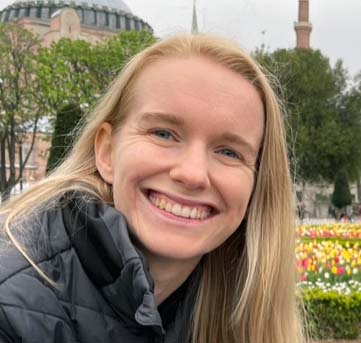
I’m a teacher and writer living abroad. I love languages, drinking lots of çay (tea) with friends, experiencing different cultures and going on adventures with my family.

